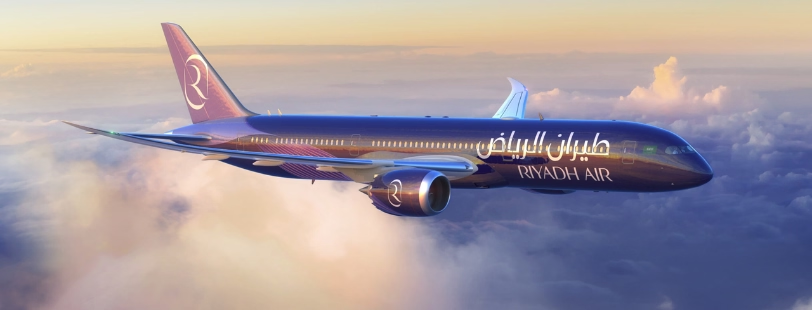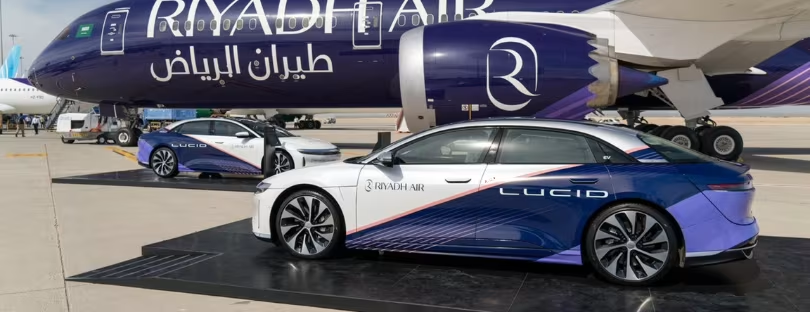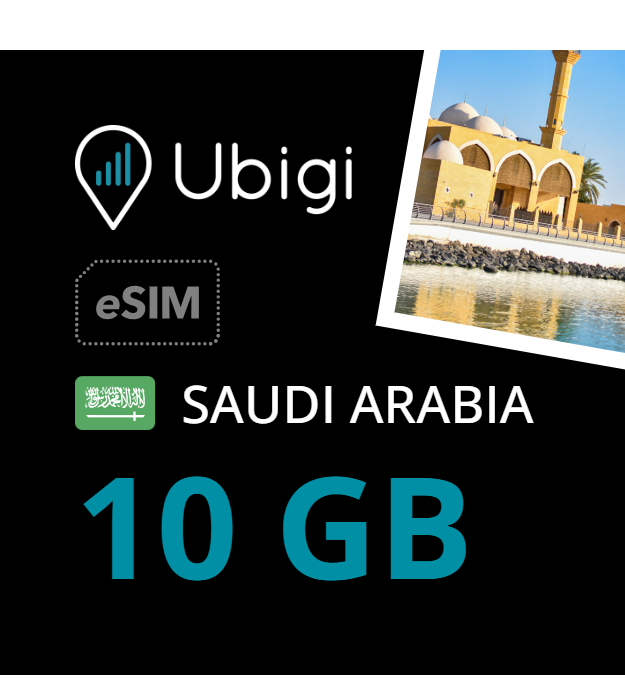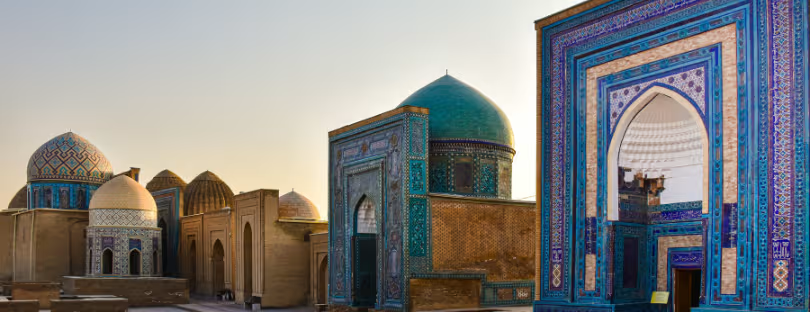
Riyadh Air Taps Travelport to Power Its Global Distribution
Saudi Arabia’s newest national airline, Riyadh Air, has locked in a multi-year distribution deal with Travelport — a partnership that instantly puts the digital-first carrier on the global stage and plugs its content into one of the industry’s most influential booking marketplaces.
For an airline that hasn’t even launched commercial flights yet, this agreement sends a very clear message: Riyadh Air wants to compete with the world’s most modern, retail-driven carriers from day one.
NDC Front and Center: Riyadh Air Goes All-In on Modern Retailing
One of the most notable parts of the partnership is Riyadh Air’s choice to lead with NDC (New Distribution Capability) as its primary connection through Travelport.
Most legacy airlines have spent years trying to retrofit NDC on top of decades-old systems. Riyadh Air doesn’t have that problem—it was born in the era of airline retailing 2.0. That gives it the luxury of building a clean, modern distribution strategy around Offers and Orders architecture right from the start.
Travelport will integrate directly with Riyadh Air’s Offer and Order host system, enabling:
- personalisation at scale
- dynamic pricing and bundles
- retail-style upselling
- richer, branded content for agents
Legacy EDIFACT content will still be available as a secondary option, but the airline is clearly signalling where it wants to go—and how quickly.
A Global Marketplace Switches On Overnight
For Riyadh Air, this deal isn’t just about technology. It’s about instant visibility.
By plugging into Travelport’s global network of travel agencies, TMCs, and corporate buyers, the airline gains access to hundreds of thousands of sellers who influence millions of bookings every year. That’s crucial for any new carrier, but especially one with such an aggressive growth plan.
Riyadh Air aims to fly to more than 100 destinations by 2030 and has already announced aircraft commitments exceeding 180 jets. Distribution reach isn’t optional—it’s the backbone of that strategy.
Vincent Coste, Chief Commercial Officer at Riyadh Air, summed it up clearly: the partnership gives the airline the “global reach, distribution power, and retailing capabilities” needed to support its expansion while also aligning with Saudi Arabia’s broader national vision of economic diversification.
Travelport Sees Riyadh Air as a New-Generation Flag Carrier
Travelport, which has been pushing its own modernization efforts with Travelport+ and a multi-source content strategy, called Riyadh Air a perfect match.
Damian Hickey, Global Head of Travel Partners at Travelport, said the carrier represents “a new generation of digitally native airlines” — one that requires flexibility, personalization, and a retail-ready experience across channels.
For Travelport, signing Riyadh Air is also a strategic win: it strengthens the company’s footprint in one of the fastest-growing aviation regions and aligns its marketplace with the next big Middle Eastern hub.
Why This Partnership Matters—and What It Signals for the Market
The Middle East is already home to some of the world’s strongest brand-driven carriers—Emirates, Qatar Airways, and Etihad have set the global benchmark for long-haul service and airport-hub strategy. But Riyadh Air isn’t simply trying to be “another Gulf carrier.”
Its model looks more like what airlines such as Air Canada, Lufthansa, and Singapore Airlines have been working toward: a fully retail-led, NDC-first infrastructure that lets airlines behave more like e-commerce players than seat sellers.
If you look at broader industry trends from sources such as IATA’s Offers and Orders roadmap, McKinsey’s aviation digitisation reports, and CAPA’s analysis of Gulf aviation growth, three shifts stand out:
- Airline retailing is becoming the new competitive frontier.
NDC adoption is still uneven globally, but digitally native airlines like Riyadh Air can leapfrog the messy transitional phase. - Global distribution fights are turning into global retail partnerships.
GDS players are no longer just middlemen—Travelport, Amadeus, and Sabre are repositioning themselves as digital marketplaces where airlines can merchandise and differentiate. - The Middle East continues to reshape the global route map.
Saudi Arabia’s Vision 2030 is pushing hard to make Riyadh a global aviation hub on the scale of Dubai and Doha, and distribution infrastructure is critical to making that happen.
Conclusion: Travelport + Riyadh Air Is a Strategic Signal, Not Just a Contract
A deal like this goes deeper than distribution
Riyadh Air is effectively designing an airline for the next decade, not the last one—and choosing Travelport as its primary retail partner positions it firmly among the new-generation carriers prioritizing personalization over legacy processes.
Compared with incumbents, Riyadh Air has the advantage of starting fresh: no old tech, no fragmented systems, and no multi-year NDC transition headaches. That makes it much more akin to players like ZIPAIR, Norse Atlantic, or even JetBlue in its early years—but with the financial firepower and national strategy more comparable to Qatar Airways or Emirates in their formative stages.
For Travelport, meanwhile, signing a flagship Vision 2030 carrier gives it momentum in the GDS modernization race as airlines become increasingly selective about where and how they distribute content.
If both sides deliver on what this partnership promises—dynamic offers, modern retailing, agency-friendly personalization—Riyadh Air could become one of the fastest digital success stories in global aviation. And Travelport positions itself as the marketplace capable of supporting the next decade of airline retail transformation.











